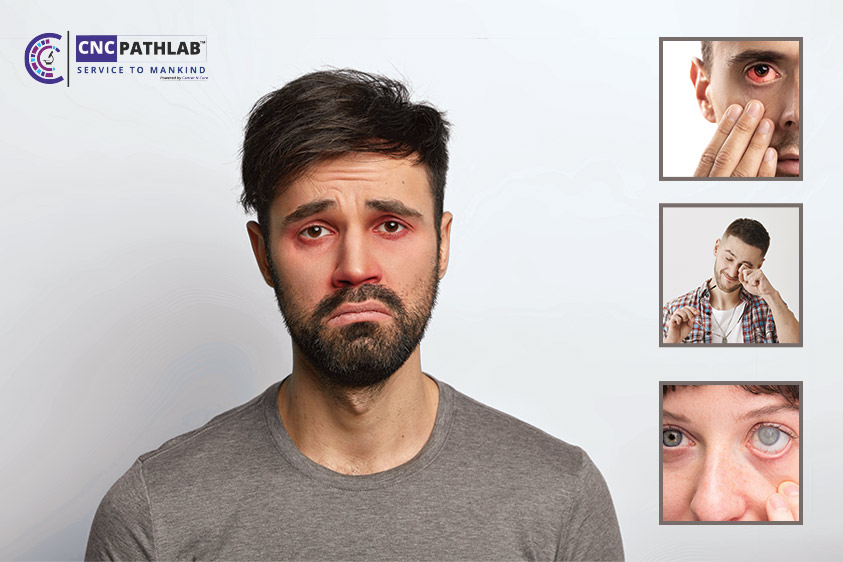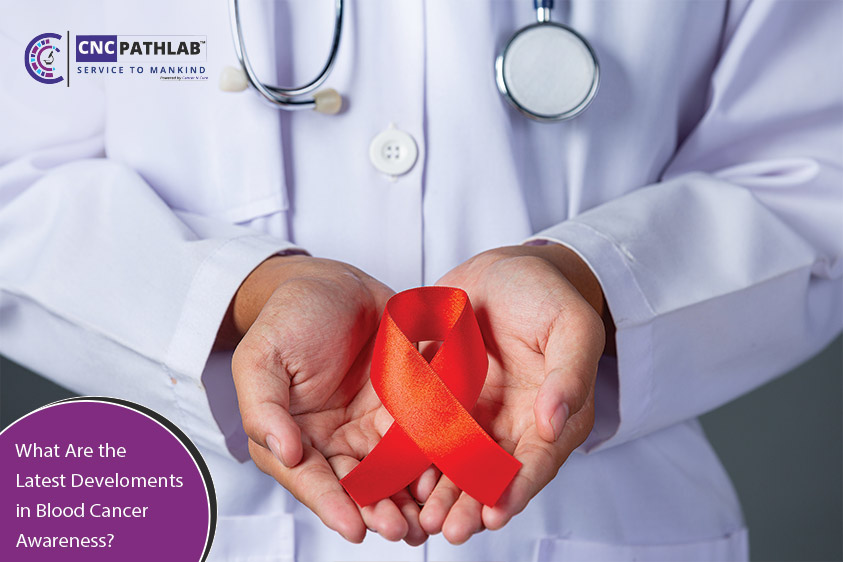Tuberculosis Screening: CNC Path Lab Medical Test
Tuberculosis (TB) Test
Tuberculosis (TB) is a bacterial infection spread through inhaling tiny droplets from the coughs or sneezes of an infected person. It mainly affects the lungs, but it can affect any part of the body, including the tummy (abdomen), glands, bones and nervous system. The tuberculosis blood test, also called an Interferon Gamma Release Assay or IGRA, is a way to find out if you have TB germs in your body. The TB blood test can be done instead of a TB skin test.
Since tuberculosis bacteria grow slowly and symptoms can be confused with those of other conditions, careful testing is required. Several laboratory and imaging tests may need to be done to definitively diagnose active TB.
What causes TB?
TB is a bacterial infection. TB that affects the lungs (pulmonary TB) is the most contagious type, but it usually only spreads after prolonged exposure to someone with the illness. In most healthy people, the body’s natural defence against infection and illness (the immune system) kills the bacteria and there are no symptoms. Although TB is spread in a similar way to a cold or flu, it is not as contagious. You would have to spend prolonged periods (several hours) in close contact with an infected person to catch the infection yourself.
Who should be screened for TB?
You may need a TB test if you have symptoms of an active TB infection or if you’re at higher risk for getting TB. In addition, some childcare centres, hospitals and other facilities require you to be tested for TB in order to work there. Symptoms of an active TB infection include:
-
Bad cough lasting longer than two weeks.
-
Pain in your chest.
-
Coughing up blood or sputum (mucus).
-
Fatigue or weakness.
-
Loss of appetite.
-
Unexplained weight loss.
-
Chills and fever.
-
Night sweats.
Diagnosis
During the physical exam, your doctor will check your lymph nodes for swelling and use a stethoscope to listen to the sounds your lungs make when you breathe. The most commonly used diagnostic tool for tuberculosis is a skin test, though blood tests are becoming more common place. A small amount of a substance called tuberculin is injected just below the skin on the inside of your forearm. You should feel only a slight needle prick. Within 48 to 72 hours, a health care professional will check your arm for swelling at the injection site. A hard, raised red bump means you’re likely to have TB infection. The size of the bump determines whether the test results are significant.
If you have latent TB, your doctor might recommend treatment with medication if you’re at high risk of developing active TB. For active tuberculosis, you must take antibiotics for at least six to nine months. The exact drugs and length of treatment depend on your age, overall health, possible drug resistance and where the infection is in your body. After a few weeks, you won’t be contagious and you might start to feel better. Don’t stop taking your TB drugs — you must finish the full course of therapy and take the medications exactly as prescribed by your doctor.
Types of TB test
-
Chest x-ray:- A chest x-ray can show damage in your lungs, but you might need further tests to prove you have TB, such as sputum and culture tests or scans.
-
Testing sputum:- A lab will use a microscope to look at any sputum (phlegm) that you cough up. If there are TB germs in your sputum, you have tuberculosis of the lungs or throat (pulmonary TB). This test also helps doctors to understand how infectious you may be.
-
Biopsy:- if it is thought that you have TB, but not in your lungs or throat, the doctor may take a biopsy to test for TB. This is a small sample of tissue or fluid taken from the area where the TB is thought to be.
-
Culture test:- This test uses your sputum or tissue sample to grow any TB bacteria that may be there. It tells doctors how infectious you are and also whether your TB is resistant to any antibiotics. This helps ensure they put you on a combination of drugs that will cure you.
-
Testing for latent TB:- If you are being tested for latent TB, there are two types of test you may be given: TB skin test, IGRA test.
Treatment for tuberculosis (TB) usually involves taking antibiotics for several months. While TB is a serious condition that can be fatal if left untreated, deaths are rare if treatment is completed. Most people do not need to be admitted to hospital during treatment.
Being the pioneers in preventive health care, we at CNC Pathlabs, an approved pathology lab in Delhi offer a variety of comprehensive health checkup packages like full body checkup, TB TEST , lipid profile test, KFT, LFT, Dengue Test & other health checkup packages to provide a complete health status.


.jpg)


.jpg)
